
How Did Polish Decommunization Policy from the late 90s Became a “Holocaust Bill” in 2018?, by Iryna Matiyenko
By Iryna Matiyenko, University of Victoria
No, there is no…
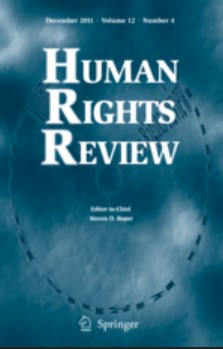
Impermanent Apologies: On the Dynamics of Timing and Public Knowledge in Political Apology
James, Matt, Stanger-Ross, Jordan & the Landscapes of Injustice…
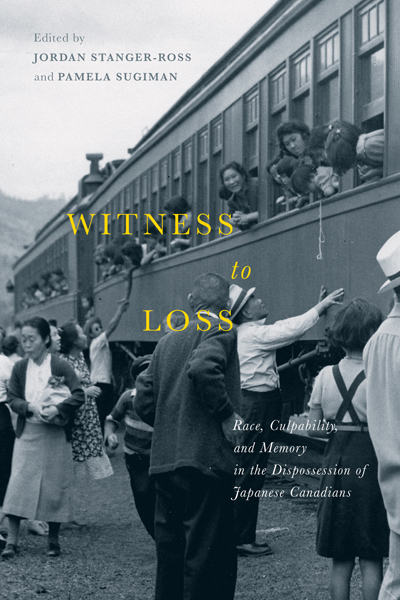
Witness to Loss: Race, Culpability, and Memory in the Dispossession of Japanese Canadians
Stanger-Ross, Jordan (2017). Witness to Loss: Race, Culpability,…
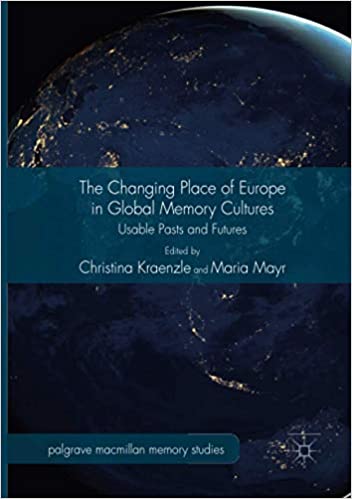
A Place in the Sun: Colonial Entanglements in Lukas Bärfuss’s Hundert Tage and Daniel Goetsch’s Herz Aus Sand
Schallié, Charlotte (2017). A Place in the Sun: Colonial Entanglements…
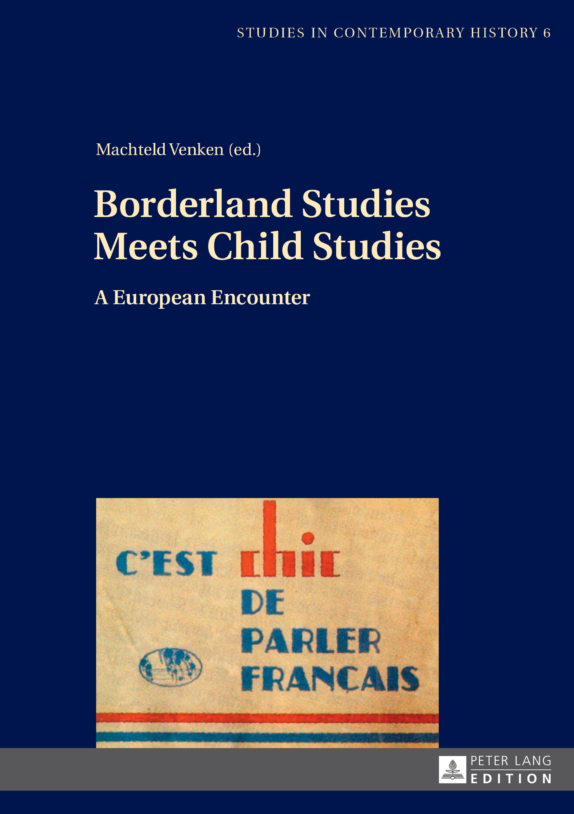
The Everyday Life of Children in Polish-German Borderland during the Early Postwar Period
Halicka, Beata (2017). The Everyday Life of Children in Polish-German…
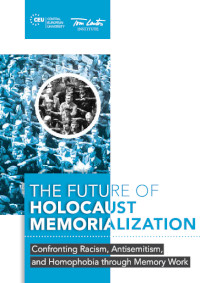
Future of Holocaust memorialization: confronting racism, antisemitism, and homophobia through memory work
Thorson, Helga (ed.) (2015). Future of holocaust memorialization:…
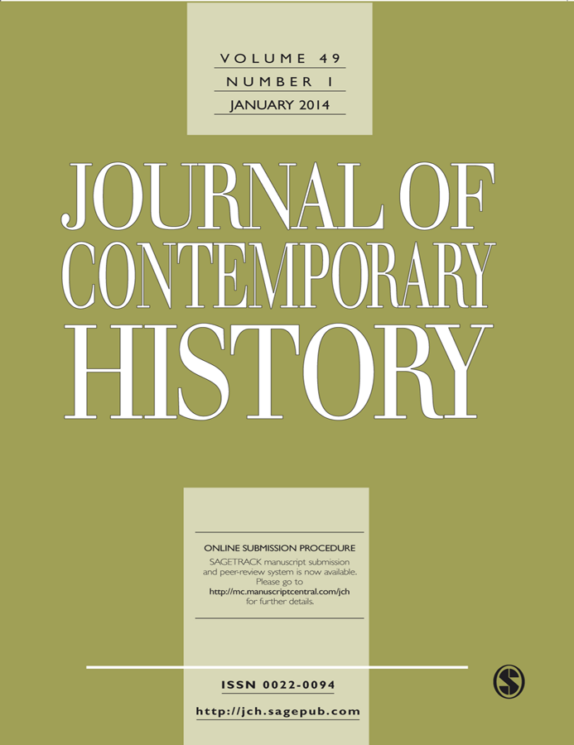
The Oder-Neisse Line as a place of remembrance for Germans and Poles
Halicka, Beata (2014). The Oder-Neisse Line as a place of remembrance…
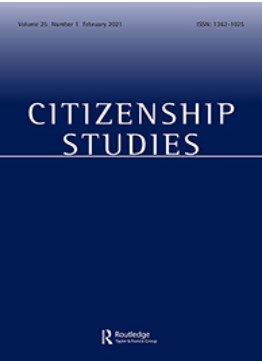
Degrees of Freedom in Canada’s Culture of Redress
James, Matt (2014). Degrees of freedom in Canada's culture of…
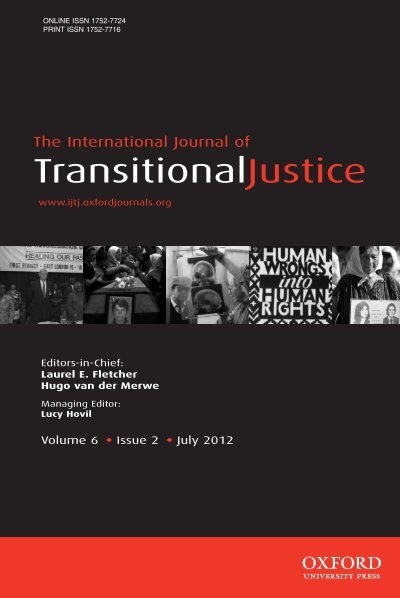
A Carnival of Truth? Knowledge, Ignorance and the Canadian Truth and Reconciliation Commission
James, Matt (2012). A carnival of truth? knowledge, ignorance…
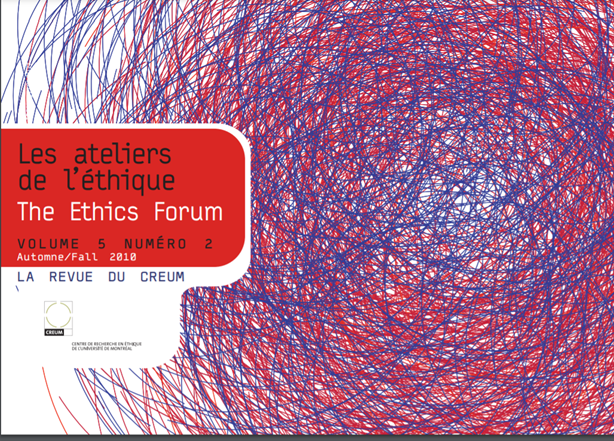
Uncomfortable Comparisons: The Canadian Truth and Reconciliation Commission in International Context
James, Matt (2010). Uncomfortable comparisons: The Canadian truth…